Roberto Rossellini shot his neorealist landmark Rome, Open City while the war still raged and rubble littered the freshly liberated capital. Based on real experiences from the ten-month German occupation, the film follows ordinary Romans, some active dissenters, some just trying to get by, as the Nazis and the Italian fascist authorities mount a search for a Resistance fighter freshly arrived from outside the city. Actress Anna Magnani established her screen persona as the indomitable battler from the streets, and renowned stage comedian Aldo Fabrizi (above) turned in a performance as great as any in cinema as Don Pietro, the priest whose faith in God and his fellow man never wavers, even in the face of death. A young Federico Fellini enhanced Fabrizi’s role with some comic scenes, essential to the neorealists’ dramatisation of both the humour and hardship of everyday life.
The film is let down only by its two Nazi characters, gay stereotypes both: flouncing interrogator Major Bergmann, forever lighting cigarettes and stubbing them out a second later, and predatory Gestapo agent Ingrid, peddling drugs to the wanted man’s girlfriend. This descent into camp is doubly egregious next to the studied naturalism of the largely non-professional cast.
In cinemas just three months after the Nazi surrender, Rome, Open City burns with anger at the recent treatment of those Italians who spurned Mussolini. Even in the age of Zero Dark Thirty, its torture scenes still shock.
Got something to add? Join the discussion and comment below.
Get 10 issues for just $10
Subscribe to The Spectator Australia today for the next 10 magazine issues, plus full online access, for just $10.
The BFI’s restored print of Rome, Open City is at selected cinemas nationwide.
You might disagree with half of it, but you’ll enjoy reading all of it. Try your first month for free, then just $2 a week for the remainder of your first year.

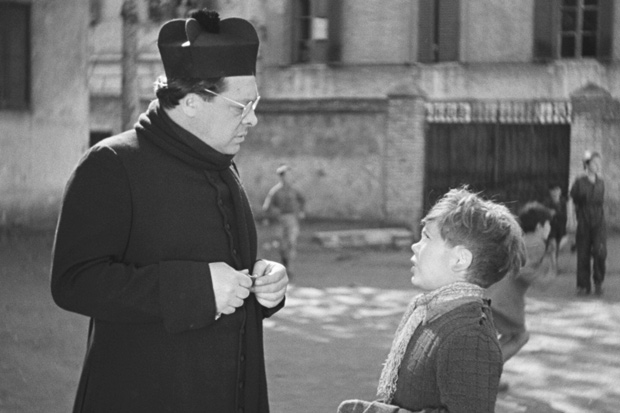

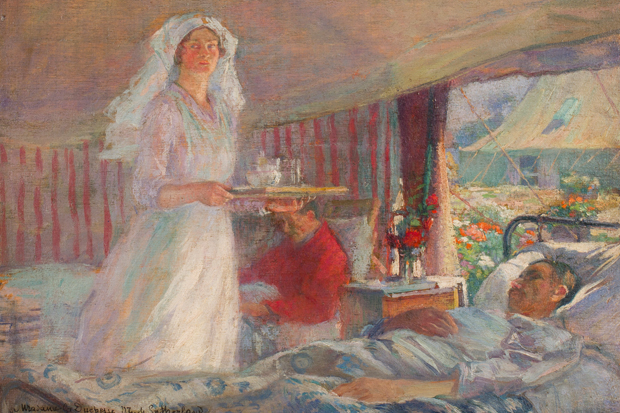
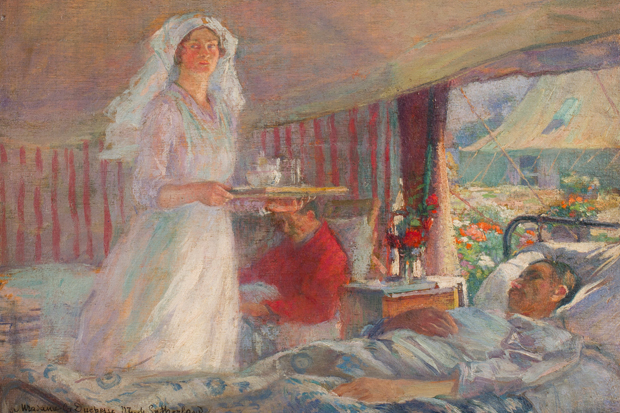
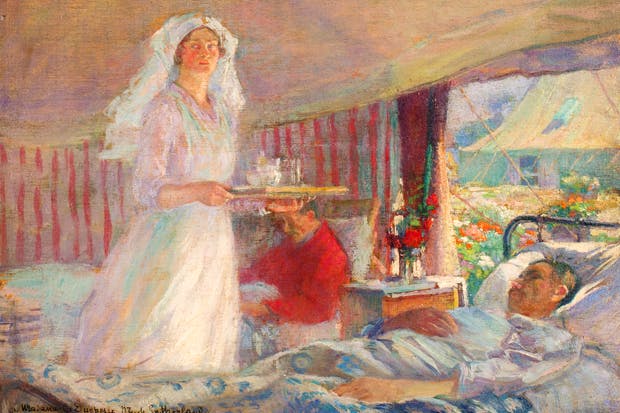
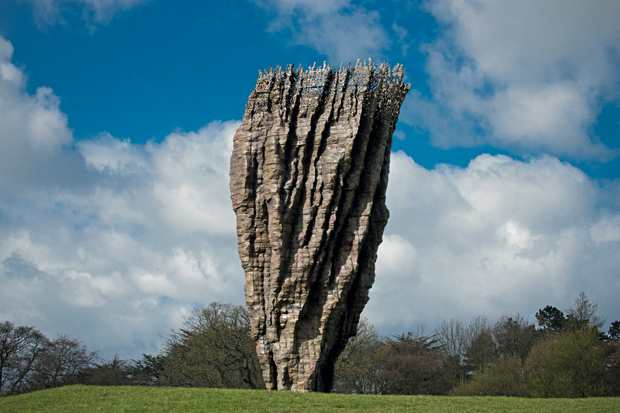
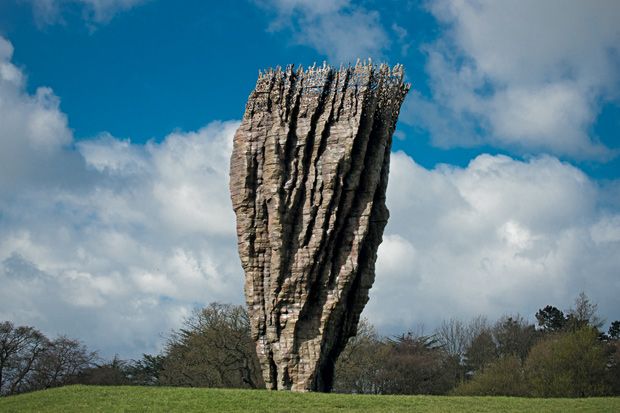






Comments
Don't miss out
Join the conversation with other Spectator Australia readers. Subscribe to leave a comment.
SUBSCRIBEAlready a subscriber? Log in